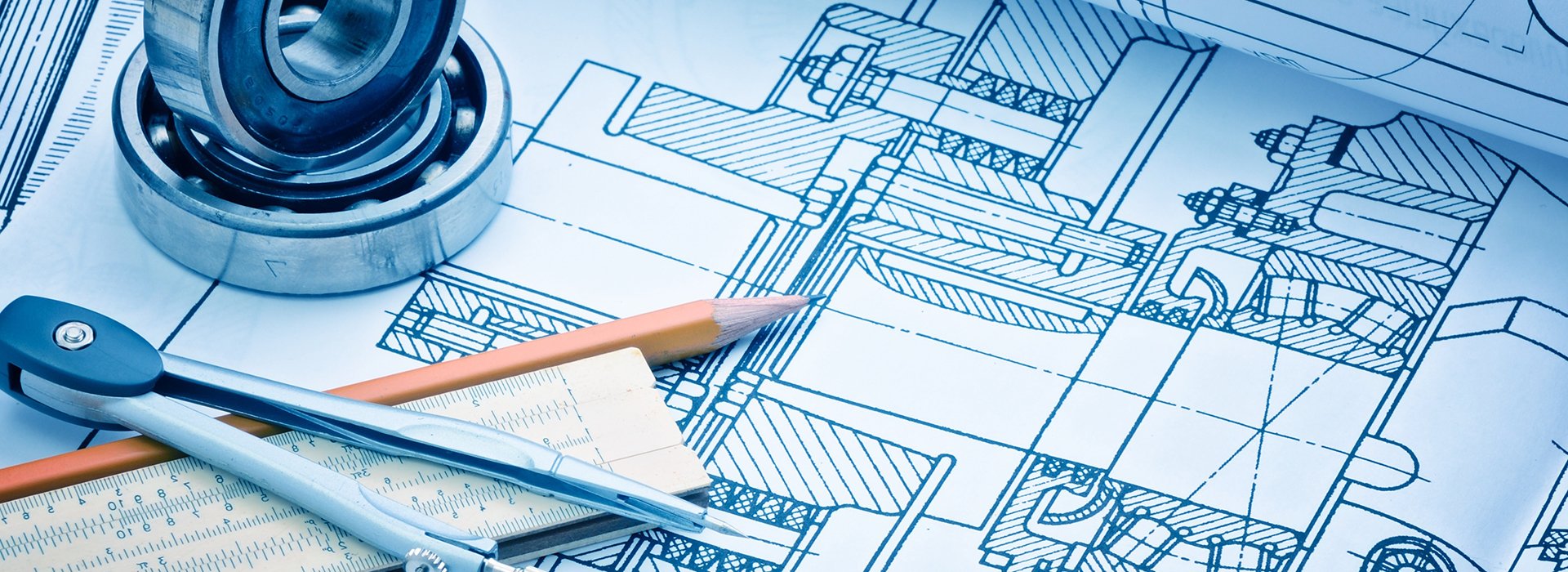Defra report on exploring resource efficiency and eco-design for energy-related products (ERP)
Defra is responsible for developing policy to address the resource efficiency of energy- related products (ErP). A question remains as to whether eco-modulation, eco-design, eco-labelling, or some combination of these, is the best approach to improving the resource efficiency of ErP.

The overarching objective is to reduce the environmental impact of ErP across the lifecycle with particular focus on production and disposal, by using measures that either reduce the amount of ErPs that become waste or ensure optimal treatment routes when ErPs do become waste. This extends to measures which help ensure ErP which does become waste is recycled at maximum value, i.e. as many materials as possible are recovered and recirculated, reducing demand for virgin extraction.
Defra is looking to explore ways to reduce waste arisings by enabling resource efficiency. Whilst the role of better eco-design has been considered as an aim within eco-modulation (phase one of the project), some focussed exploration of the role of eco-design in its own right is also needed.
This dss+ report is a summary of the second phase of the project exploring this topic. The objectives were to identify the ErP that are responsible for the greatest impact in terms of waste arisings, embodied lifecycle emissions and consumption of natural resources through the creation of a prioritisation tool.
This study includes:
- Identification of where the opportunity exists to reduce key impacts and how eco-design measures can be most effective.
- Possible trade-offs and unintended consequences involved and influencing factors such as the role of the consumer.
- Assessment of the most suitable indicators to prioritise energy-related products for policy intervention to reduce their lifecycle environmental impact, focusing on production and disposal.
- Outcomes from a prioritisation exercise to identify the product groups that represent key potential areas of focus for eco-design policy opportunities.
- Alignment with BEIS, to explore two products highlighted as priority in the UK: domestic cookers and space heaters.
- Analysis of stakeholder engagement interviews to explore views of potential regulatory options including spare part availability, take-back, life-extension and refurbishment opportunities.
- Data analysis to explore the implications of interventions aiming at extending the lifetime of 17 energy-related products such as impacts on quantities of product placed on the market as well as waste generated.
- Investigation through stakeholder interviews into the role of availability of spare parts and the longer guarantees as standard could have to encourage repairability.
- Assessment of the impact of eco-labels through analysis of The Repairability Index in France to better understand the impact of eco-labels.
- Exploration through stakeholder and consumer group interviews of the role of the consumer as a key influencing factor regarding longevity of use of a product; regardless of how repairable a product is, or the cost or availability of spare parts.
- The complexity and multitude of inter-related aspects when encouraging resource efficiency within the ErP sector, that can have a number of unintended or interconnecting impacts. These include
- Energy efficiency vs resource efficiency
- Innovation vs product cost
- Repairability vs customer convenience
- Maturity of product category vs regulatory demands
- UK legislation vs EU legislation
Download the report to read details of the prioritisation tool, its outcomes and resulting conclusions regarding regulatory policies to improve the resource efficiency of ErP through eco-design.
You can also download the report for phase one of the project, which explores how eco-modulation could be implemented into the UK's WEEE System to incentivise better eco-design of energy related products.